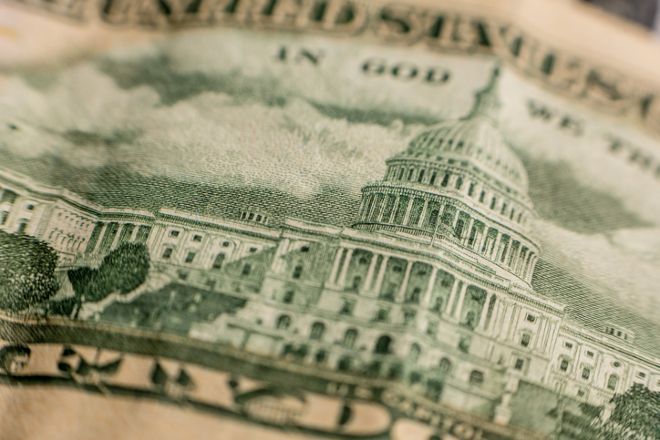As Congress works to advance its next COVID relief package, independent school leaders may already be feeling something resembling PTSD.
Especially for those schools that sought funding from the Paycheck Protection Program, and then experienced the odd, public phenomenon of “PPP Shaming,” the prospect of additional federal financial support is a decidedly mixed bag. The financial impact is real, and the relief is welcome. After all, expenses related to adapting to a socially distant physical return – a challenging and costly process for which these bills are intended to provide relief – are mounting. But media coverage and its resulting public attention caused considerable heartburn for some organizations that accepted PPP funding, with independent school leaders receiving more than their fair share.
Schools will have an understandable aversion to engaging in that type of zero-sum discourse again, especially if the PPP process left too much scar tissue.
To be clear, what’s being proposed is not PPP round 2, but that may not matter. The PPP public narrative – however flawed and misguided – is clear and likely to be replayed: “Private schools are accepting relief at the expense of families and small businesses with fewer resources.” Schools will have an understandable aversion to engaging in that type of zero-sum discourse again, especially if the PPP process left too much scar tissue.
As with the PPP dilemma, being thoughtful and strategic in communications can lessen the sting. Here are some key considerations to steel yourself against scrutiny and limiting the impact on your goodwill.
Be decisive.
Shake Shack. The Los Angeles Lakers. Harvard University. Of the tens of thousands of companies that accepted PPP or other forms of CARES Act funding, the ones we most associate with our unease around federal funding are those that ultimately returned the money when scrutinized. This is to say that committing to and subsequently returning money does not free a school from reputational risk; it may exacerbate reputational risk by suggesting that we were being disingenuous about the stated need in the first place; worse yet, it can suggest we were caught red handed.
To our school community, communicate with clarity and transparency.
In communicating the decision to accept PPP, a firm reassurance that the funding did, in fact, preserve jobs, made pursuit of the funds less controversial. The same principle will hold true with the next round of relief: speak in clear, unequivocal terms that relief is necessary, and that the way we use the funds will not only be compliant with the guidelines, it will honor the spirit of them. To our closest audiences, reinforce that pursuing such resources is not an opportunity to finance cosmetic or unnecessary improvements; rather, it is about investing in the safety of our children, our faculty and staff, and others in the community.
To everyone else – say, the media – avoid wading in the minutiae.
In defending their decision to accept PPP funding in the media, many schools attempted to explain the nuances of their endowment structure and why endowment funds couldn’t go toward paycheck protection. Problem was, the endowment structures are so complex, and media coverage so superficial, that the strategy of a somewhat technical response largely fell flat. The effect – as is always the case in media coverage – was tonal; rather than justifying the school’s decision, the school appeared to greet criticism with explanatory defensiveness.
Reputational risk is one factor to consider, but it shouldn’t be the dominant factor.
Even if accepting federal funds may have the potential to deepen the sort of “us vs. them” private-school-vs.-general-public dynamic that we’ve combatted for generations, that doesn’t mean the need for financial relief isn’t real. Taking action that protects our faculty and staff, that preserves a rich experience for our students, and allows us to advance our mission, always should be the key factors in our decision-making.



